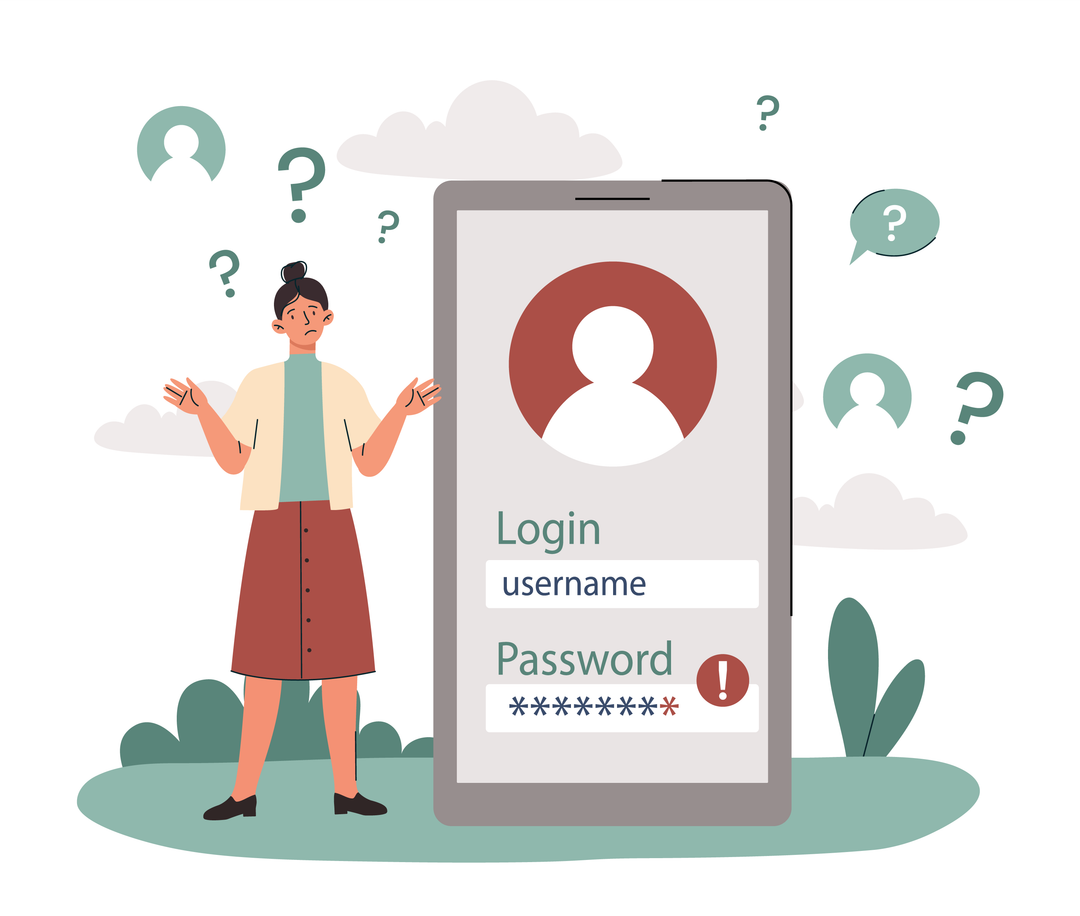Modern Password Hygiene: Keeping Your Digital Life Safe

September 2, 2025
Passwords are the keys to our digital homes—yet too often, we leave the doors wide open with weak or reused ones. Cybercriminals are getting more sophisticated every year, and poor password habits remain one of the biggest risks to online safety. Here are some modern practices to strengthen your password hygiene and protect yourself.
1. Ditch Simple Passwords
“123456” and “password” still top the lists of most-used passwords. Hackers try these first. Instead, use long, unique, and unpredictable combinations. A strong password should have at least 12–16 characters with a mix of letters, numbers, and symbols.
2. Use Passphrases
Memorable doesn’t have to mean guessable. Try a passphrase—a string of random but memorable words like “purple-hawk-river-92!”. It’s harder to crack than short, complex passwords while being easier for you to remember.
3. Never Reuse Passwords
Recycling the same password across multiple accounts means one data breach could unlock your entire online identity. Use a unique password for each account to minimize damage if one site is compromised. Don't worry about how many times you have to reset passwords. Sites build in that functionality for you to use it.
4. Lean on a Password Manager
Which is better at remembering dozens of complex passwords: your brain or computers? Computers. Password managers securely generate, store, and autofill credentials, making it easy to follow good hygiene without the mental burden. Use a trusted one. Use it in combination with other tactics.
5. Enable Multi-Factor Authentication (MFA)
Even the strongest password can be stolen. MFA adds a second layer—like a text code, app notification, or hardware key—that makes accounts much harder to break into.
6. Update Regularly
Don’t hold onto the same password for years. Regularly updating credentials (especially for sensitive accounts like email, banking, and social media) reduces long-term exposure to breaches.
7. Watch for Phishing
Many “password leaks” actually start with tricking you into giving your password away. Be wary of suspicious emails, texts, or pop-ups asking you to log in. Keep an eye out for sketchy urls, design that seems "off" and pictures that take up the whole screen. Always navigate directly (type in the web address yourself!) to the official site instead of clicking links.
Final Thought
Modern password hygiene isn’t just about creating harder passwords—it’s about building habits that layer your defenses. With a password manager, strong passphrases, and MFA in place, you make yourself a much harder target.